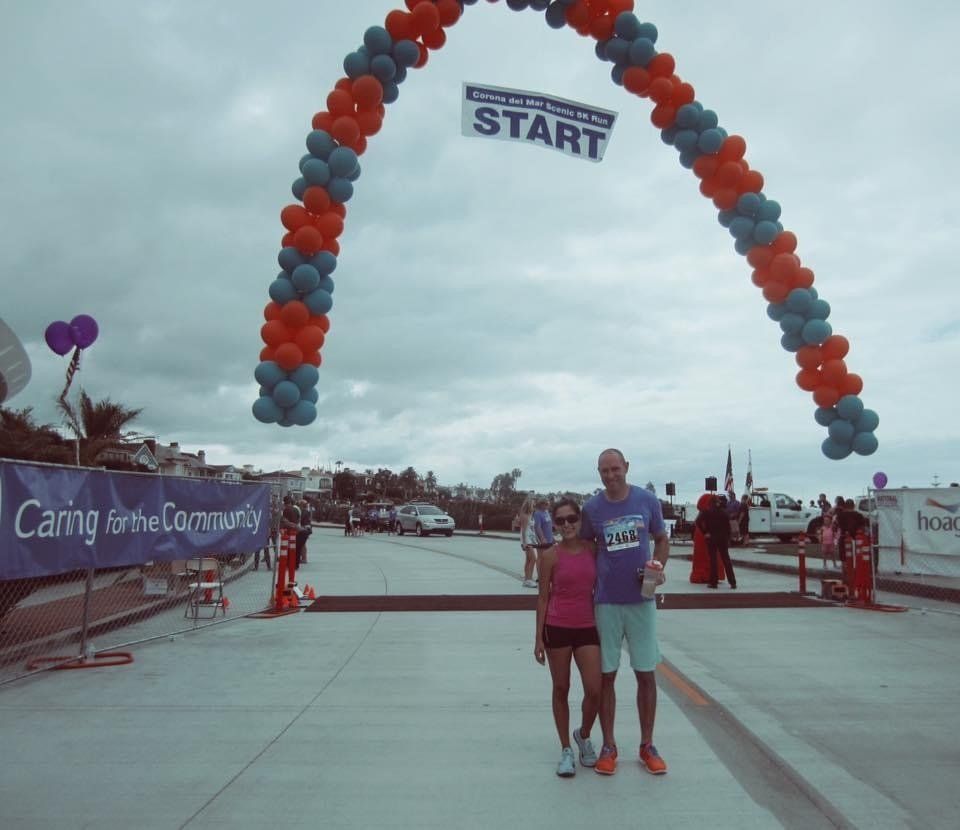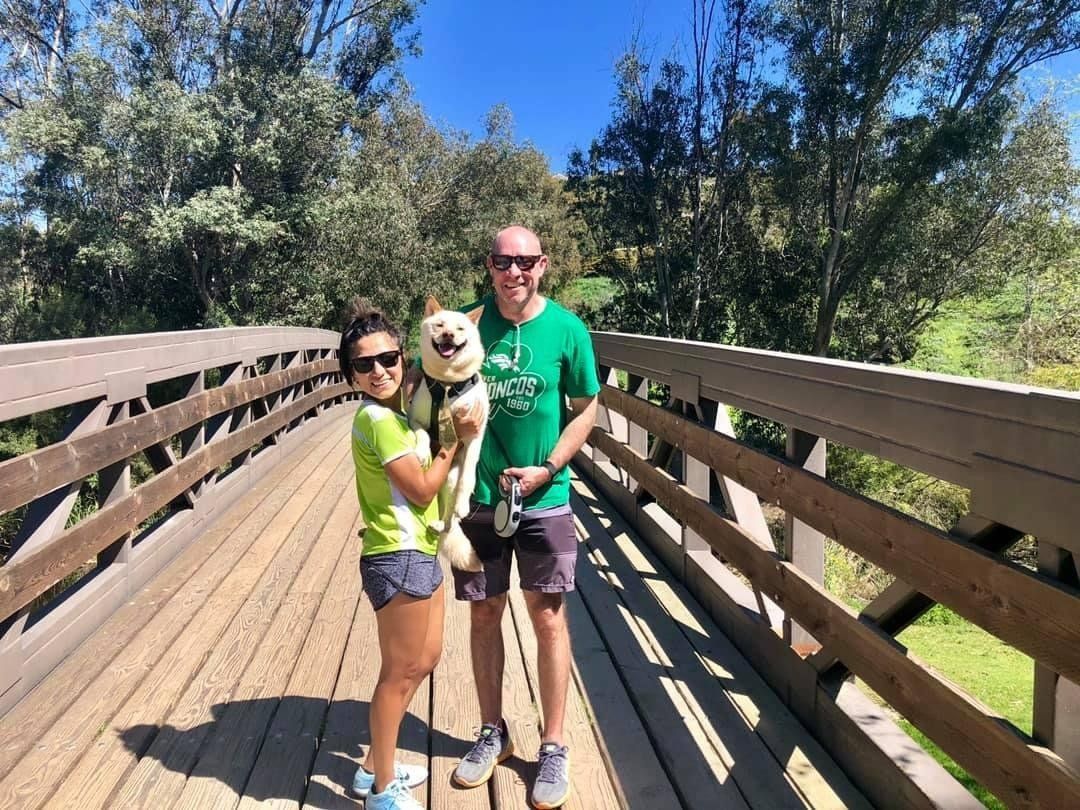Visa P para atletas
Natalia Hynes • December 1, 2022
¿Qué opción tiene un atleta para venir a los Estados Unidos de América a competir y entrenar durante una temporada larga?
Click here to read this article in Portuguese and English
Si me preguntaras a qué atleta admiro más, mi respuesta sería Katherine Switzer, sin pensarlo dos veces. ¿Por qué? Dos razones. Primero, es una atleta y corredora de fondo. Los corredores de fondo tienen la particularidad de competir contra ellos mismos y no contra otros corredores. El objetivo final de un corredor de fondo es batir el tiempo de carreras anteriores.
La condición principal para obtener una Visa P como atleta individual es el "reconocimiento internacional", y la forma de probar dicho estatus es presentando al menos dos de los siguientes documentos:
1) Evidencia de participación significativa en una temporada anterior con una liga deportiva importante de Estados Unidos;
2) Evidencia de participación en competencia internacional con un equipo nacional;
3) Evidencia de participación significativa en una temporada anterior para un colegio o universidad de los Estados Unidos en una competencia intercolegial;
4) Una carta emitida por el organismo rector oficial del deporte que explique cómo el atleta es reconocido internacionalmente;
5) Artículos sobre el atleta publicados en medios deportivos o expertos deportivos explicando en detalle cómo el atleta es reconocido internacionalmente;
6) Documentos que demuestren que el atleta ha sido clasificado internacionalmente;
7) Documentos que demuestren que el atleta ha recibido un reconocimiento relevante o un premio en el campo.
This Facebook widget is no longer supported.
En segundo lugar, fue la primera mujer en correr un maratón oficial, el maratón de Boston, en 1967. Un gran logro si tenemos en cuenta que las mujeres tenían prohibido correr en ese maratón oficial en ese momento. Debo confesar que su historia me inspiró a correr carreras de fondo y me llevó a admirar el trabajo y la dedicación que los atletas ponen en su búsqueda de la victoria.
Durante esa búsqueda de la victoria, los atletas deben viajar con frecuencia a los Estados Unidos de América, la meca virtual de docenas de deportes, para participar en competencias de renombre. Aquí, la pregunta se vuelve lógica y obvia: ¿cómo puede un atleta ingresar a los Estados Unidos de América para competir y entrenar durante una temporada larga? Una de las opciones es la 'Visa P para atletas'.
Supongamos que un atleta presenta al menos dos de los documentos anteriores. En ese caso, es probable que al atleta se le otorgue una visa P por hasta 5 años. La regulación actual permite renovar la Visa P por un período máximo de 5 años.
Finalmente, la Firma de abogados Santos Lloyd ha obtenido visas P para numerosos atletas en varios deportes, incluidos Jiu-Jitsu (todas las divisiones), MMA, capoeira, kickboxing, póquer y paddle, entre otras disciplinas.
Si tiene alguna pregunta sobre las visas P para atletas, no dude en programar una cita de ingreso.
La firma de abogados Santos Lloyd espera trabajar con Usted y contribuir a su búsqueda de la victoria.
Este blog no pretende ser un consejo legal y nada aquí debe interpretarse como el establecimiento de una relación abogado-cliente. Programe una consulta con un abogado de inmigración antes de actuar sobre cualquier información que lea aquí.

In recent weeks, the U.S. government has moved to terminate Temporary Protected Status (TPS) for multiple countries, sparking a wave of last-minute litigation and creating significant uncertainty for beneficiaries. This shift is having a profound impact on those who rely on TPS for lawful presence and work authorization in the United States. Across the country, federal courts have intervened to pause or block scheduled TPS terminations for several countries, including Burma (Myanmar), Ethiopia, Haiti, South Sudan, and Syria. In response to these court orders, USCIS has updated its webpages to indicate that TPS status and related Employment Authorization Documents (EADs) are extended for these populations. However, USCIS is intentionally not providing specific new end dates for EAD validity while the litigation remains in flux. The Department of Homeland Security (DHS) has prominently noted that it "vehemently disagrees" with these court orders and is actively working with the Department of Justice on next steps. This legal landscape remains highly unpredictable and varies drastically depending on the country of origin. For example, on February 9, 2026, the 9th Circuit Court of Appeals granted a stay allowing the government to proceed with the termination of TPS for Nicaragua, Honduras, and Nepal while the underlying legal challenges continue. Because of this ruling, the automatic extension of work authorization for these individuals has ended, and employers are now required to reverify the work authorization of affected employees, who must present alternative valid documentation to continue their employment. These rapid changes and the lack of clear end dates are causing complications beyond the workplace. Because driver's licenses often track the length of an individual's authorized stay, many DMVs are currently declining to issue or renew driver's licenses for impacted TPS populations. For employers, managing internal communications, avoiding onboarding errors, and navigating Form I-9 compliance has become increasingly complex. It is more important than ever to be well-prepared and proactive in monitoring these rapid changes. At Santos Lloyd Law Firm, P.C., our immigration attorneys are ready to guide you through this evolving process and ensure you are informed, and supported. Please contact us if you have questions or need assistance.

U.S. Citizenship and Immigration Services (USCIS) has announced a major change to the H-1B cap selection process. Under a final rule issued on December 29, 2025, USCIS will replace the long-standing random H-1B lottery with a wage-weighted selection system that favors higher-paid and more complex positions. The rule is scheduled to take effect on February 27, 2026 , just ahead of the fiscal year 2027 H-1B cap registration season, unless delayed by legal challenges. If implemented, USCIS is expected to release additional guidance explaining how employers must submit registrations under the revised process. This change marks one of the most significant reforms to the H-1B program in recent years. Up until 2025, all registrations were treated equally once the annual cap was reached. Under the new system, selection odds will be tied to wage levels based on the U.S. Department of Labor’s Occupational Employment and Wage Statistics data. All H-1B registrations will still be placed into a single selection pool, but registrations tied to higher wage levels will receive multiple entries into that pool, increasing their likelihood of selection. Lower wage levels will receive fewer entries, making selection less likely but not impossible. H-1B wage levels are not determined solely by salary. Each wage level reflects the complexity of the job, the level of responsibility involved, and the education and experience required . Entry-level positions involving routine duties and close supervision are generally classified at the lowest wage level, while positions requiring independent judgment, advanced skills, and significant responsibility fall into higher wage levels. The highest wage level is reserved for roles that involve expert knowledge, strategic decision-making, and substantial leadership or technical authority. USCIS is expected to closely scrutinize selected petitions to ensure that the wage level claimed during registration is supported by the job duties and salary offered in the petition. Any discrepancies between the registration and the petition may result in requests for evidence, denials, or enforcement action. With the elimination of the purely random lottery, employers should begin preparing early by carefully evaluating job descriptions, wage levels, and overall H-1B strategy. Accurate classification and thoughtful planning will be essential under this new wage-based selection system. If you are an employer considering H-1B sponsorship, or a foreign professional wondering whether your position may qualify under the new wage-based system, consulting with experienced immigration counsel is more important than ever. Santos Lloyd Law is actively advising clients on H-1B cap registrations and strategy under the new rules. To discuss your options or determine whether you may qualify, contact our office to schedule a consultation.

During the recent administration there has been an increase in issuance of Requests for Evidence for EB-1A petitions for those of Extraordinary Ability. A Request for Evidence is a request that is made by USCIS that should explain how the evidence is deficient in proving the criteria argued and what additional evidence needs to be provided by the applicant to meet the criteria. EB-1A petitions are already normally subject to higher scrutiny because their approval is the first step needed to apply for Lawful Permanent Residence or a green card. USCIS normally requires not just evidence but that the evidence be provided with context and information to show why it matters in a particular field. For example, if you were providing evidence of your membership in an organization that requires outstanding achievements of its members, just providing evidence of the membership is not enough. You must explain what that membership is and provide background information on the organization granting the membership. You also need to provide evidence on the criteria that is used to select the members, information on those who select the members to show that they are recognized experts, other documentation such as articles about the membership organization to show its importance, and any other relevant evidence and background information to show that the criteria is met. A request for evidence being issued prior to the current administration was not uncommon, but in the current climate it is more surprising to not receive a request for evidence for this type of case. It is important to remember that a request for evidence is not a denial. Depending on the validity of the information in the request and the substance some Requests for Evidence can be overcome, and the case be approved. It is important to carefully review the request and note if there are any errors in the content and application of the regulations by USCIS. If you have an attorney, you should work with them and make sure that you provide any evidence you think may be helpful. Although there is a deadline by which a response must be submitted, attention to detail and patience will go a long way when dealing with having to respond to a request for evidence. If you believe you may qualify for this type of visa, please feel free to contact our office.






